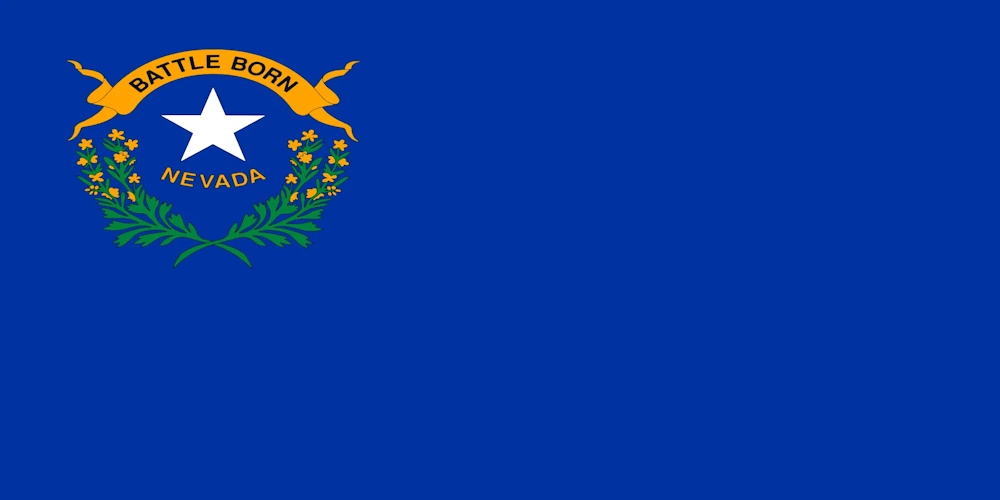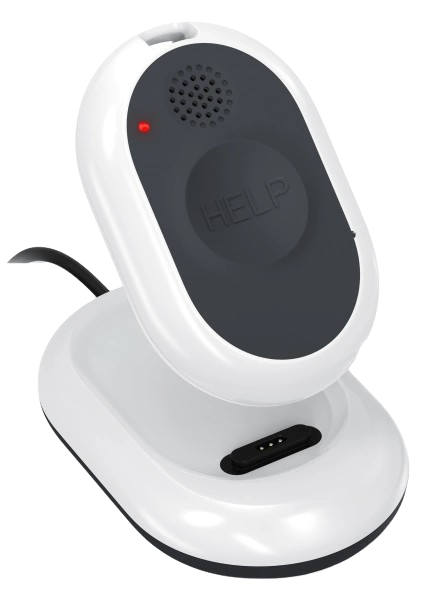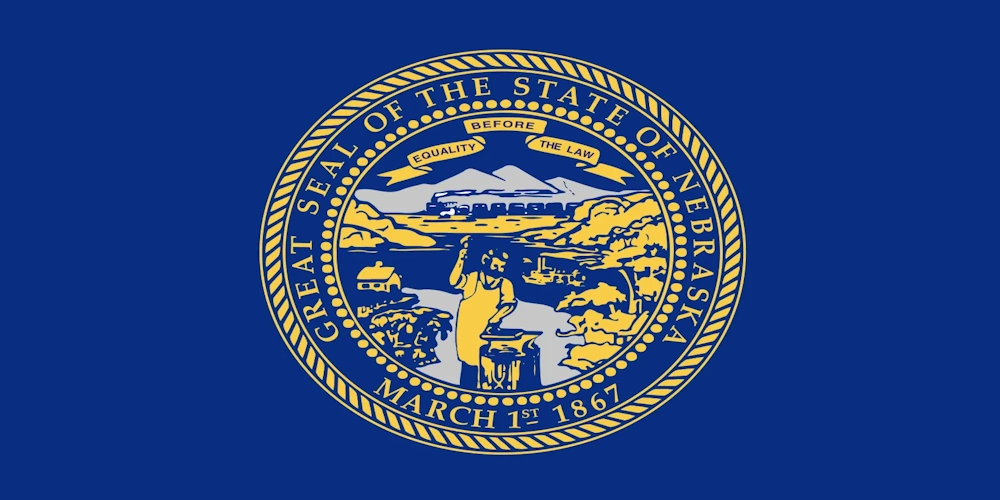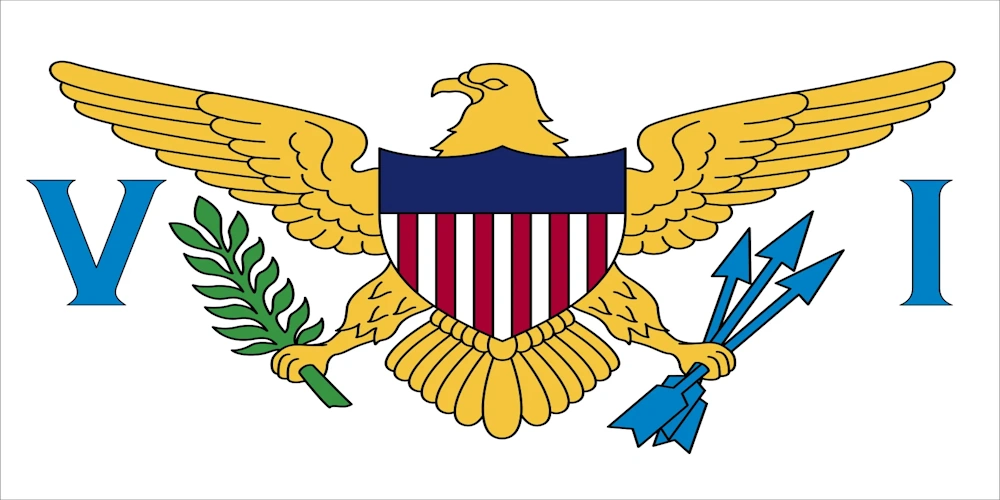Nevada’s diverse economy includes mining, hospitality, construction, and renewable energy—industries where employees often work alone or in isolated environments. These lone workers face elevated risks due to the lack of immediate support in emergencies. Employers in Nevada must take active steps to mitigate these hazards through strong safety protocols, regular communication, and reliable monitoring tools.
Nevada operates its own OSHA-approved state plan, administered by the Nevada Occupational Safety and Health Administration (Nevada OSHA), which falls under the Nevada Division of Industrial Relations (DIR). This state-run program covers both private and public sector workers and enforces safety standards that are at least as effective as federal OSHA requirements.
On This Page
Our Guide To Lone Worker Safety Policy And Legislation In Nevada
Because Nevada administers its own occupational safety and health plan, employers must comply with Nevada OSHA rules and regulations. While the state does not have a specific standard solely focused on lone workers, employers are required to protect all employees from foreseeable workplace hazards—whether they work in teams or in isolation.
Nevada OSHA provides guidance, enforcement, and consultation services to support employers in achieving compliance. These resources help organizations identify risks, implement safety measures, and maintain a healthy working environment for all employees, including those working alone.
How Nevada Defines A Lone Worker
Nevada OSHA does not currently define the term "lone worker" in its regulatory language. However, in practical terms, a lone worker is any employee performing job duties in an environment where they are not directly observed or supervised and would be unable to receive immediate help if an incident occurs.
Common lone worker scenarios in Nevada include:
- Maintenance workers in unoccupied hotel or casino areas
- Solar field or wind turbine technicians working off-grid
- Night-shift cleaning staff and security personnel
- Delivery drivers and field service workers
- Utility or telecom employees in rural areas
- Mining staff working in underground or remote zones
Identifying these roles is the first step toward developing comprehensive safety strategies tailored to their unique risks.
Employing A Lone Worker In Nevada
Nevada employers must take all reasonable steps to protect lone workers from physical harm, psychological stress, and delayed emergency response. Meeting this responsibility involves more than just compliance—it requires developing proactive policies and systems that put worker safety first.
Best practices include:
- Job Hazard Assessments: Identify potential risks associated with solo tasks and locations.
- Communication Protocols: Implement timed check-ins, two-way radios, or mobile safety apps.
- Training and Awareness: Ensure employees are well-versed in emergency response and reporting procedures.
- Safety Technology: Provide tools like the Safe Lone Worker app for automated monitoring and emergency alerts.
- Policy Development: Create written safety plans that address isolation risks and compliance obligations.
Employers can consult with Nevada OSHA for voluntary safety assessments and educational resources to strengthen their internal programs.
Learn How You Can Protect Your Employees With Loneworker.com

With Loneworker.com you can be equipped with the knowledge and the means to protect your employees and protect your business. Contact us today to learn more about how Loneworker.com can protect you and your employees.
How The Safe Lone Worker App Can Protect Nevada Lone Workers And Employers
The Safe Lone Worker app offers a simple and scalable way to protect employees working alone across Nevada. Whether monitoring workers in remote desert solar arrays or back-of-house casino staff on night shifts, the app includes GPS tracking, panic buttons, automatic alerts, and timed check-in features.
For Nevada employers looking to enhance compliance with state safety regulations and reduce liability, integrating this tool can play a vital role in protecting workers while demonstrating a proactive approach to workplace safety.
Nevada Lone Worker Policies
Nevada operates its own OSHA-approved occupational safety and health program, which covers both private and public sector workplaces. While there is no lone worker-specific regulation in the Nevada OSHA code, the requirement to provide a safe working environment still applies—regardless of whether an employee is working solo or as part of a team.
To ensure compliance and protect workers effectively, employers should refer to Nevada OSHA and Federal OSHA for detailed guidance. This article is for general reference only and does not replace legal or professional regulatory consultation.
Nevada Lone Worker Resources
OHS Contact Centre
- 1-866-415-8690
CDC / NIOSH
- 800-232-4636

Affordable Monitoring For Lone Workers In Nevada

-
 Monitoring Your Employees' Safety
Monitoring Your Employees' Safety
-
 GPS Tracking And Monitoring
GPS Tracking And Monitoring
-
 Man Down Panic Alerts
Man Down Panic Alerts
-
 24/7 Protection Anywhere
24/7 Protection Anywhere
Lone Worker Legislation
Lone Worker Safety Policies And Legislation By State
-
 Alabama State Safety Policies And Legislation
Alabama State Safety Policies And Legislation
-
 Alaska State Safety Policies And Legislation
Alaska State Safety Policies And Legislation
-
 Arizona State Safety Policies And Legislation
Arizona State Safety Policies And Legislation
-
 Arkansas State Safety Policies And Legislation
Arkansas State Safety Policies And Legislation
-
 California State Safety Policies And Legislation
California State Safety Policies And Legislation
-
 Colorado State Safety Policies And Legislation
Colorado State Safety Policies And Legislation
-
 Connecticut State Safety Policies And Legislation
Connecticut State Safety Policies And Legislation
-
 Delaware State Safety Policies And Legislation
Delaware State Safety Policies And Legislation
-
 Florida State Safety Policies And Legislation
Florida State Safety Policies And Legislation
-
 Georgia State Safety Policies And Legislation
Georgia State Safety Policies And Legislation
-
 Hawaii State Safety Policies And Legislation
Hawaii State Safety Policies And Legislation
-
 Idaho State Safety Policies And Legislation
Idaho State Safety Policies And Legislation
-
 Illinois State Safety Policies And Legislation
Illinois State Safety Policies And Legislation
-
 Indiana State Safety Policies And Legislation
Indiana State Safety Policies And Legislation
-
 Iowa State Safety Policies And Legislation
Iowa State Safety Policies And Legislation
-
 Kansas State Safety Policies And Legislation
Kansas State Safety Policies And Legislation
-
 Kentucky State Safety Policies And Legislation
Kentucky State Safety Policies And Legislation
-
 Louisiana State Safety Policies And Legislation
Louisiana State Safety Policies And Legislation
-
 Maine State Safety Policies And Legislation
Maine State Safety Policies And Legislation
-
 Maryland State Safety Policies And Legislation
Maryland State Safety Policies And Legislation
-
 Massachusetts State Safety Policies And Legislation
Massachusetts State Safety Policies And Legislation
-
 Michigan State Safety Policies And Legislation
Michigan State Safety Policies And Legislation
-
 Minnesota State Safety Policies And Legislation
Minnesota State Safety Policies And Legislation
-
 Mississippi State Safety Policies And Legislation
Mississippi State Safety Policies And Legislation
-
 Missouri State Safety Policies And Legislation
Missouri State Safety Policies And Legislation
-
 Montana State Safety Policies And Legislation
Montana State Safety Policies And Legislation
-
 Nebraska State Safety Policies And Legislation
Nebraska State Safety Policies And Legislation
-
 Nevada State Safety Policies And Legislation
Nevada State Safety Policies And Legislation
-
 New Hampshire State Safety Policies And Legislation
New Hampshire State Safety Policies And Legislation
-
 New Jersey State Safety Policies And Legislation
New Jersey State Safety Policies And Legislation
-
 New Mexico State Safety Policies And Legislation
New Mexico State Safety Policies And Legislation
-
 New York State Safety Policies And Legislation
New York State Safety Policies And Legislation
-
 North Carolina State Safety Policies And Legislation
North Carolina State Safety Policies And Legislation
-
 North Dakota State Safety Policies And Legislation
North Dakota State Safety Policies And Legislation
-
 Ohio State Safety Policies And Legislation
Ohio State Safety Policies And Legislation
-
 Oklahoma State Safety Policies And Legislation
Oklahoma State Safety Policies And Legislation
-
 Oregon State Safety Policies And Legislation
Oregon State Safety Policies And Legislation
-
 Pennsylvania State Safety Policies And Legislation
Pennsylvania State Safety Policies And Legislation
-
 Rhode Island State Safety Policies And Legislation
Rhode Island State Safety Policies And Legislation
-
 South Carolina State Safety Policies And Legislation
South Carolina State Safety Policies And Legislation
-
 South Dakota State Safety Policies And Legislation
South Dakota State Safety Policies And Legislation
-
 Tennessee State Safety Policies And Legislation
Tennessee State Safety Policies And Legislation
-
 Texas State Safety Policies And Legislation
Texas State Safety Policies And Legislation
-
 Utah State Safety Policies And Legislation
Utah State Safety Policies And Legislation
-
 Vermont State Safety Policies And Legislation
Vermont State Safety Policies And Legislation
-
 Virginia State Safety Policies And Legislation
Virginia State Safety Policies And Legislation
-
 Washington State Safety Policies And Legislation
Washington State Safety Policies And Legislation
-
 West Virginia State Safety Policies And Legislation
West Virginia State Safety Policies And Legislation
-
 Wisconsin State Safety Policies And Legislation
Wisconsin State Safety Policies And Legislation
-
 Wyoming State Safety Policies And Legislation
Wyoming State Safety Policies And Legislation
-
 American Samoa State Safety Policies And Legislation
American Samoa State Safety Policies And Legislation
-
 Guam State Safety Policies And Legislation
Guam State Safety Policies And Legislation
-
 Northern Mariana Islands State Safety Policies And Legislation
Northern Mariana Islands State Safety Policies And Legislation
-
 Puerto Rico State Safety Policies And Legislation
Puerto Rico State Safety Policies And Legislation
-
 Washington D.C. State Safety Policies And Legislation
Washington D.C. State Safety Policies And Legislation
-
 Virgin Isles State Safety Policies And Legislation
Virgin Isles State Safety Policies And Legislation







